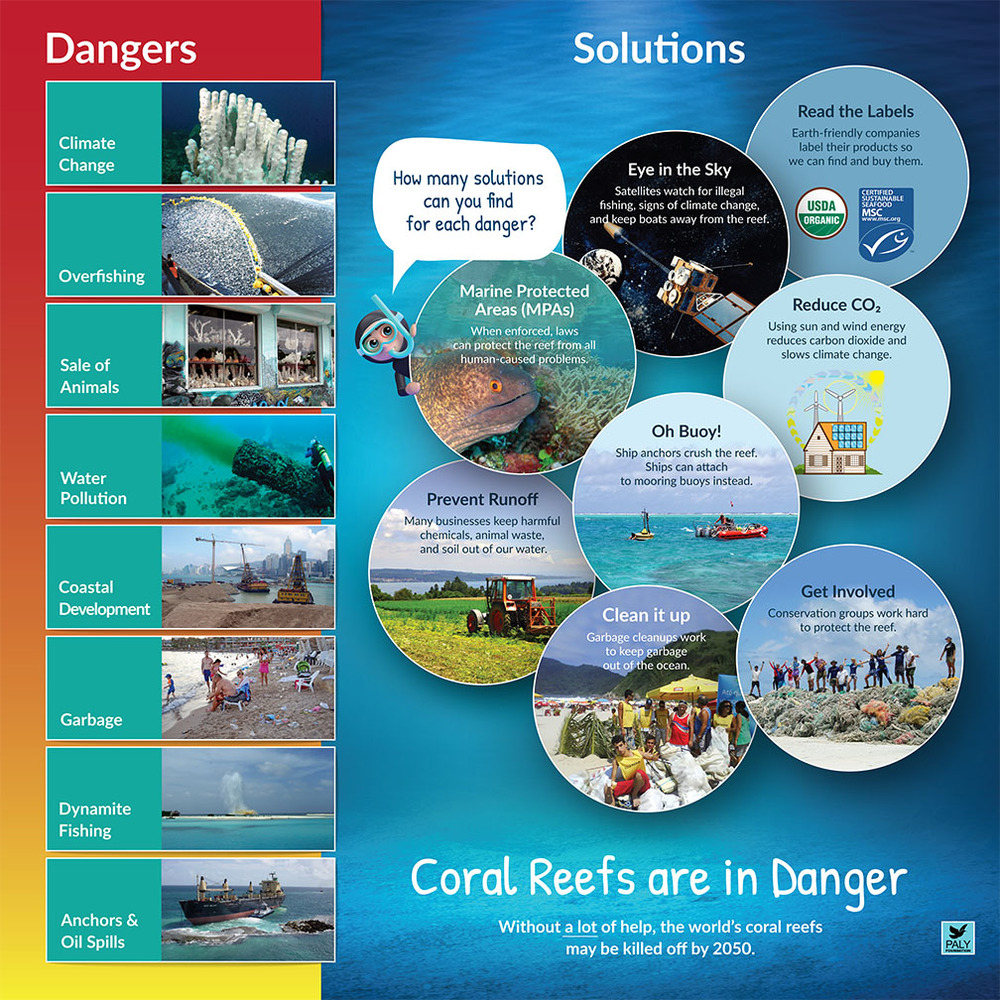Welcome to our panel discussion on coral reefs! Today, we have gathered a group of experts from various fields to discuss the importance of coral reefs and how they can be incorporated into alternative schooling and education. Our panelists today include marine biologists, environmental educators, and conservationists who have dedicated their lives to studying and protecting these fragile ecosystems.
Coral reefs are often referred to as the “rainforests of the sea” due to their rich biodiversity and intricate ecosystem. They cover less than 1% of the Earth’s surface but support approximately 25% of all marine species. These vibrant underwater habitats not only provide a home for countless organisms but also offer numerous benefits for human populations.
One key aspect that makes coral reefs an excellent topic for alternative schooling and education is their interdisciplinary nature. Understanding coral reefs requires knowledge from multiple disciplines such as biology, ecology, geology, chemistry, and even mathematics. By incorporating coral reef studies into alternative educational programs, students can develop a holistic understanding of science while cultivating critical thinking skills.
Marine biologists play a crucial role in studying and monitoring coral reef health. Through hands-on experiences like field trips or virtual simulations, students can learn about different research techniques used by scientists to assess the condition of these ecosystems. From conducting underwater surveys to analyzing water samples for pollutants, students will gain valuable insights into how scientists collect data in real-world situations.
It is important for students not only to learn about corals themselves but also understand the symbiotic relationships they form with other organisms. Coral bleaching—a phenomenon caused by rising ocean temperatures—has devastating effects on coral reef health worldwide. Environmental educators can teach students about this issue through engaging activities like role-playing games or creating multimedia presentations that highlight potential solutions such as reducing carbon emissions or promoting sustainable fishing practices.
Conservationists are at the forefront when it comes to protecting coral reefs from various threats such as overfishing, pollution, habitat destruction, and climate change. Alternative schooling can actively involve students in conservation efforts by organizing beach clean-ups, promoting awareness campaigns, or even establishing coral nurseries where young corals are grown and later transplanted onto damaged reefs.
Incorporating coral reef education into alternative schooling also allows for the exploration of ethical considerations surrounding human interactions with these delicate ecosystems. Students can engage in debates or discussions about the balance between economic development and environmental conservation, helping them cultivate a sense of responsibility towards our natural resources.
Virtual reality (VR) technology offers an immersive experience that can be utilized to introduce students to the world of coral reefs. By using VR headsets, students can dive underwater without getting wet and explore different reefs around the globe. This technology not only enhances visual learning but also fosters empathy towards marine life as students witness firsthand the beauty and fragility of coral ecosystems.
In conclusion, coral reefs offer a wealth of educational opportunities that make them ideal for alternative schooling programs. By integrating interdisciplinary studies, hands-on experiences, environmental awareness initiatives, and technological advancements like virtual reality, students can gain a deep understanding of these precious ecosystems while developing critical thinking skills and nurturing a sense of stewardship for our planet’s future. Let us embrace the wonders of coral reefs as we educate future generations about their importance in shaping our world!
